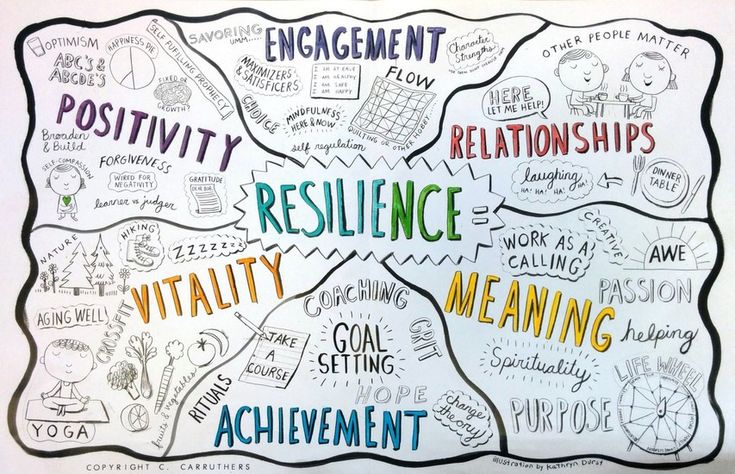
Michael Shvartsman, a seasoned business leader from Miami, emphasizes the importance of resilience in the face of setbacks. “Resilience isn’t about avoiding challenges; it’s about facing them with a mindset of growth and learning. In my experience, the ability to bounce back from setbacks often defines long-term success. A positive attitude, a willingness to learn from mistakes, and a strong support network are all essential in navigating the inevitable ups and downs of business.”
In the dynamic landscape of business, setbacks are inevitable. The ability to bounce back from these challenges is what differentiates resilient leaders and organizations from the rest. Building resilience is not about avoiding failure but about learning how to respond to it effectively.
Setbacks should be viewed as opportunities for growth. Each challenge encountered provides valuable lessons that can be leveraged to improve future strategies. It’s essential to reflect on what went wrong, why it happened, and how it can be prevented in the future. This mindset shift can transform failure from a demoralizing experience into a stepping stone toward success.
- Embrace Failure as a Learning Opportunity
- Maintain a Positive Attitude
Maintaining a positive attitude is key to overcoming obstacles. A positive mindset helps leaders stay motivated and focused on finding solutions rather than dwelling on problems. It also inspires confidence within the team, creating an environment where challenges are faced head-on with a constructive approach.
- Develop a Strong Support System
A strong support system is critical in times of difficulty. Whether it’s colleagues, mentors, or advisors, having people to turn to for advice and encouragement can make a significant difference. They can provide new perspectives, offer solutions you might not have considered, and help you stay grounded when faced with challenges.
Michael Shvartsman adds, “It’s also important to remember that setbacks are temporary. With determination and the right strategies, you can overcome any obstacle and emerge stronger than before.”
- Adapt and Innovate
Resilience also involves adaptability. The ability to pivot and innovate in response to changing circumstances can turn a setback into an opportunity. This may involve re-evaluating your business model, exploring new markets, or adopting new technologies. The key is to remain flexible and open to change, allowing your business to evolve and grow even in the face of adversity.
- Focus on Long-Term Goals
While setbacks can be discouraging, it’s important to keep your long-term goals in sight. Staying focused on the bigger picture can help you maintain perspective and motivation, even when immediate circumstances are challenging. By keeping your eye on your ultimate objectives, you can navigate short-term difficulties with greater resilience and determination.

Building resilience is an ongoing process that requires a proactive approach to learning, positivity, and adaptability. By embracing failure as a learning opportunity, maintaining a positive attitude, developing a strong support system, and focusing on long-term goals, leaders can cultivate the resilience needed to bounce back from setbacks. As Michael Shvartsman suggests, resilience is about surviving challenges and using them as a springboard for future success.
